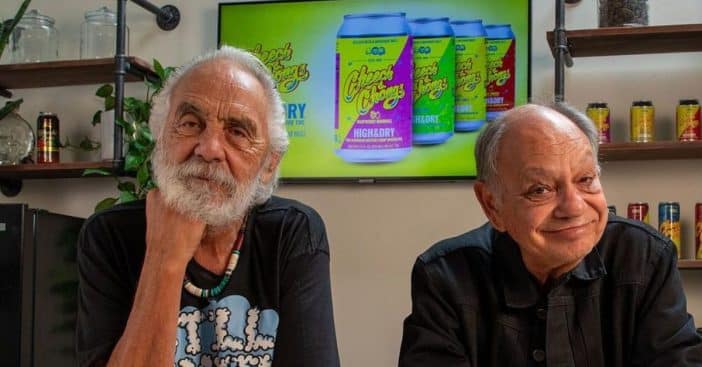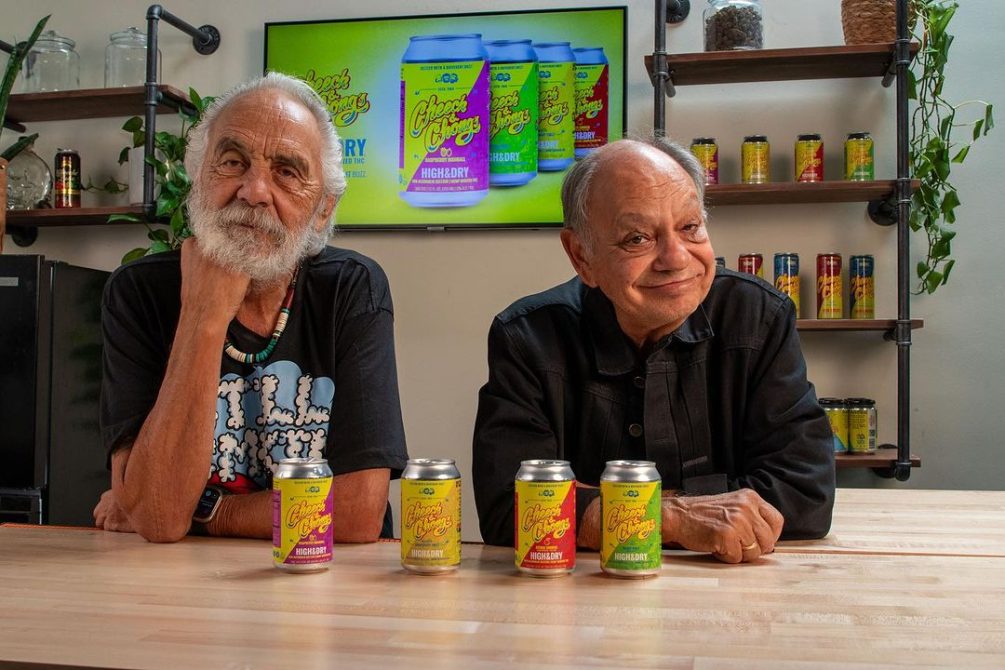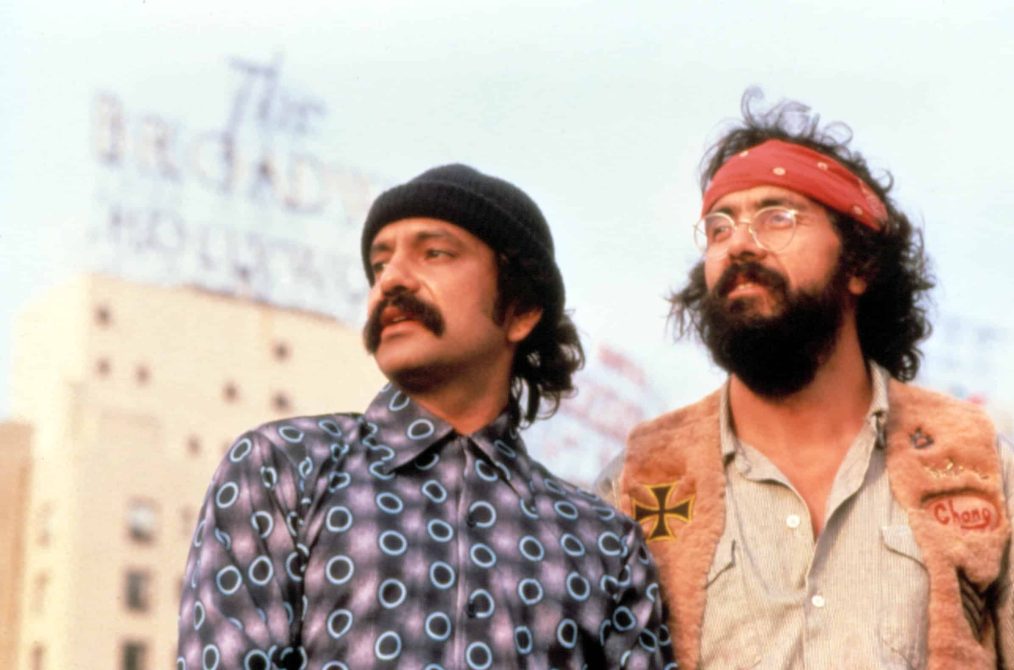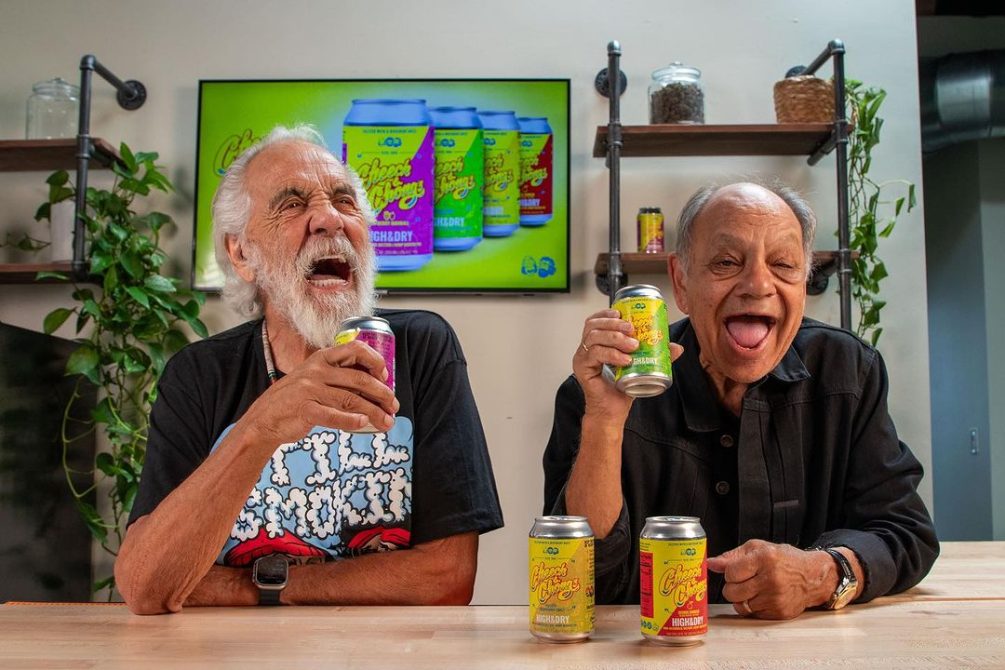
Cheech & Chong, a comedy duo of Richard Cheech Marin and Tommy Chong, are known for their hilarious stoner comedy routines, albums, and movies. They rose to fame in the ’70s and ’80s with their unique brand of humor, which often centered around marijuana culture, counterculture themes, and the quirks of everyday life.
Their partnership produced classic comedy albums like Cheech and Chong and movies such as Up in Smoke, Cheech and Chong’s Next Movie, and Nice Dreams. Recently, the pair, who have witnessed several breakups and reunions over the years, has become the focus of a new documentary, Cheech & Chong’s Last Movie.
Cheech & Chong’s last movie will focus on Cheech & Chong’s life and career

The recently premiered documentary, directed by David Bushell, offers an intimate portrayal of the legendary comedic duo’s enduring legacy. With Robbi Chong, the daughter of one half of the duo, also lending her talents as a producer, the film comprehensively explores their illustrious career spanning five decades.
RELATED: Tommy Chong is 84 and Claims That Weed Helped Save His Life
Through a rich tapestry of archival footage, interviews, and behind-the-scenes glimpses, viewers are taken on a captivating journey through the evolution of their comedic genius. From their humble beginnings on the stand-up circuit to their meteoric rise to fame through record-breaking albums and blockbuster films. The documentary also delved into the intricate nuances of their personal lives and the dynamics of their enduring partnership.

Bushell, known for producing acclaimed films like Eternal Sunshine of the Spotless Mind and Dallas Buyers Club, originally pitched a concept for a narrative feature to Cheech & Chong. However, when plans for the reunion film fell through, the director saw an opportunity to explore their story in a different way.

Recognizing the lack of documentaries about the iconic duo, Bushell shifted gears and created a documentary about their journey. The documentary offered a unique perspective that hadn’t been explored before, “No one had made the definitive documentary,” Bushell noted.
